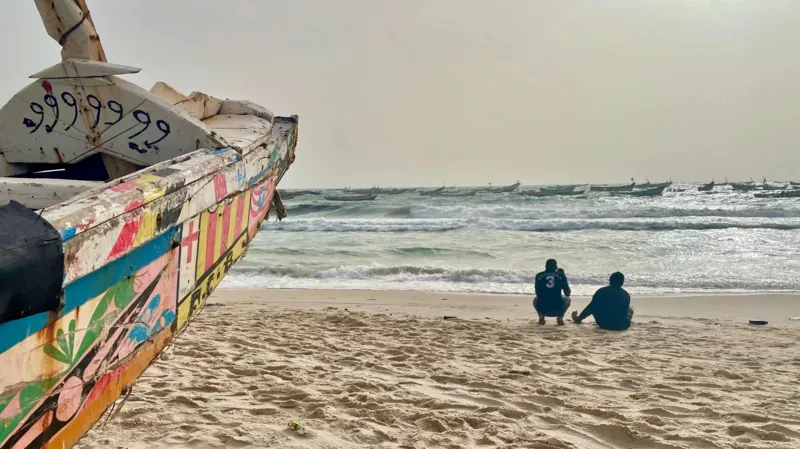Mauritanian security forces have been accused of committing widespread human rights violations against migrants and asylum seekers from West and Central Africa, according to a new report released Wednesday by Human Rights Watch (HRW).
The 142-page report, “They Accused Me of Trying to Go to Europe: Migration Control Abuses and EU Externalization in Mauritania,” documents cases of torture, rape, arbitrary detention, extortion, and collective expulsions carried out by the police, coast guard, gendarmerie, navy, and army between 2020 and early 2025. Victims described being beaten with sticks and whips, deprived of food and water, and dumped in remote border areas of Mali and Senegal without due process. Children and asylum seekers were among those forcibly removed.
The report highlights how these abuses escalated in 2025, following increased European Union and Spanish funding aimed at stopping irregular migration. In 2024 alone, a record 46,843 migrants reached Spain’s Canary Islands from West Africa, many departing from Mauritania. The EU signed a €210 million migration partnership with Mauritania in 2024, while Spain deployed police and civil guard units to assist local forces. HRW argues this externalization policy has “incentivized repression of migration” and implicated Europe in the violations. Spanish officers were reportedly present during some arrests.
While noting serious abuses, the report also acknowledged limited progress. Mauritania currently hosts more than 176,000 refugees, mostly from Mali, and in May 2025 adopted national procedures for rescues and migrant management, including bans on collective expulsions and commitments to medical screenings. Authorities have pledged to train security forces and improve individual case assessments, while the EU insists on a “human rights-based approach” with new safeguards requiring partners to report abuses.
Still, HRW warned that reforms remain fragile. Lauren Seibert, a refugee and migrant rights researcher with the organization, said Mauritania has the opportunity to set an example for rights-based migration management in North Africa but stressed that European cooperation must prioritize human rights and saving lives over security crackdowns.

